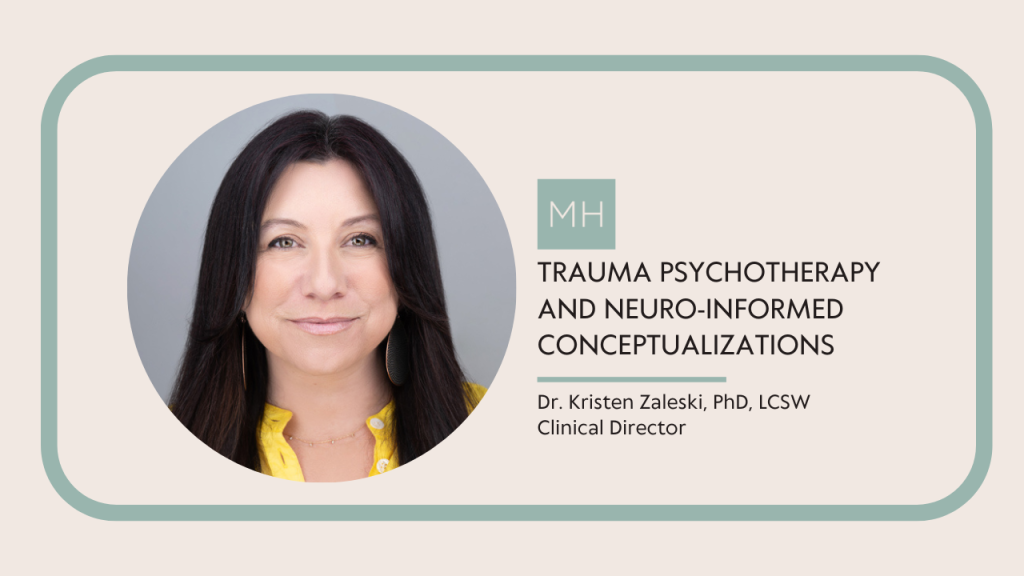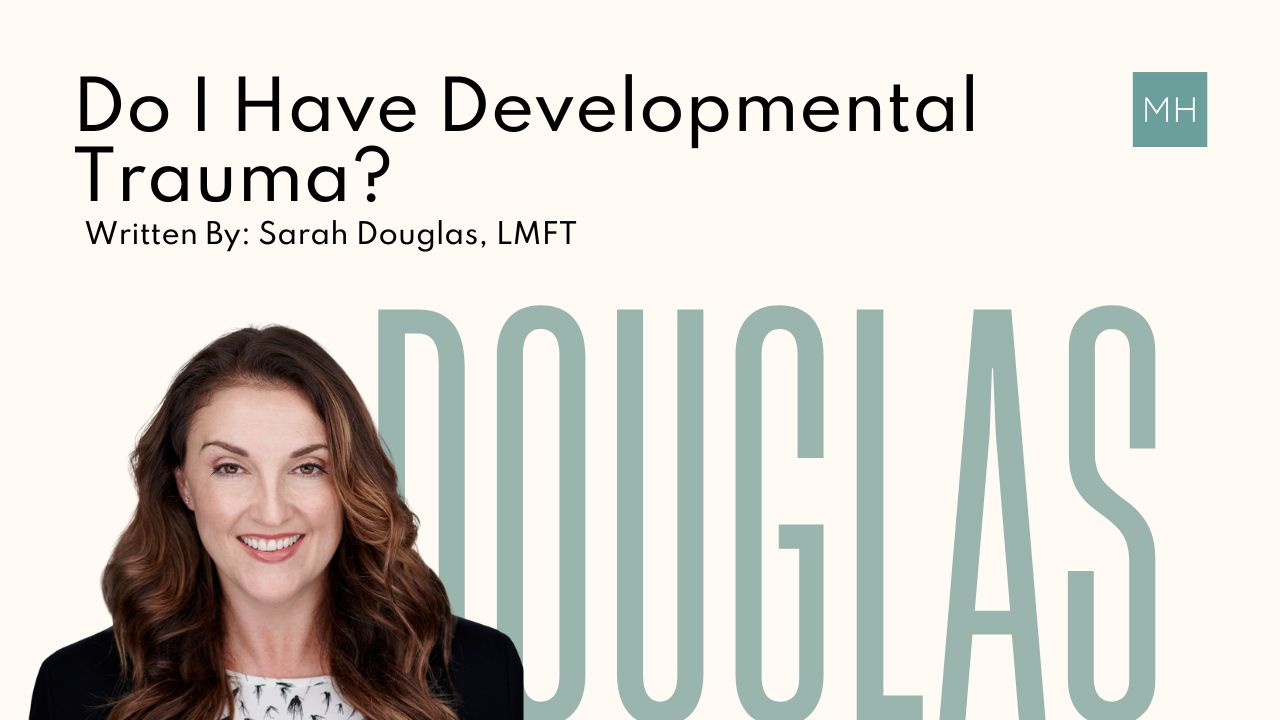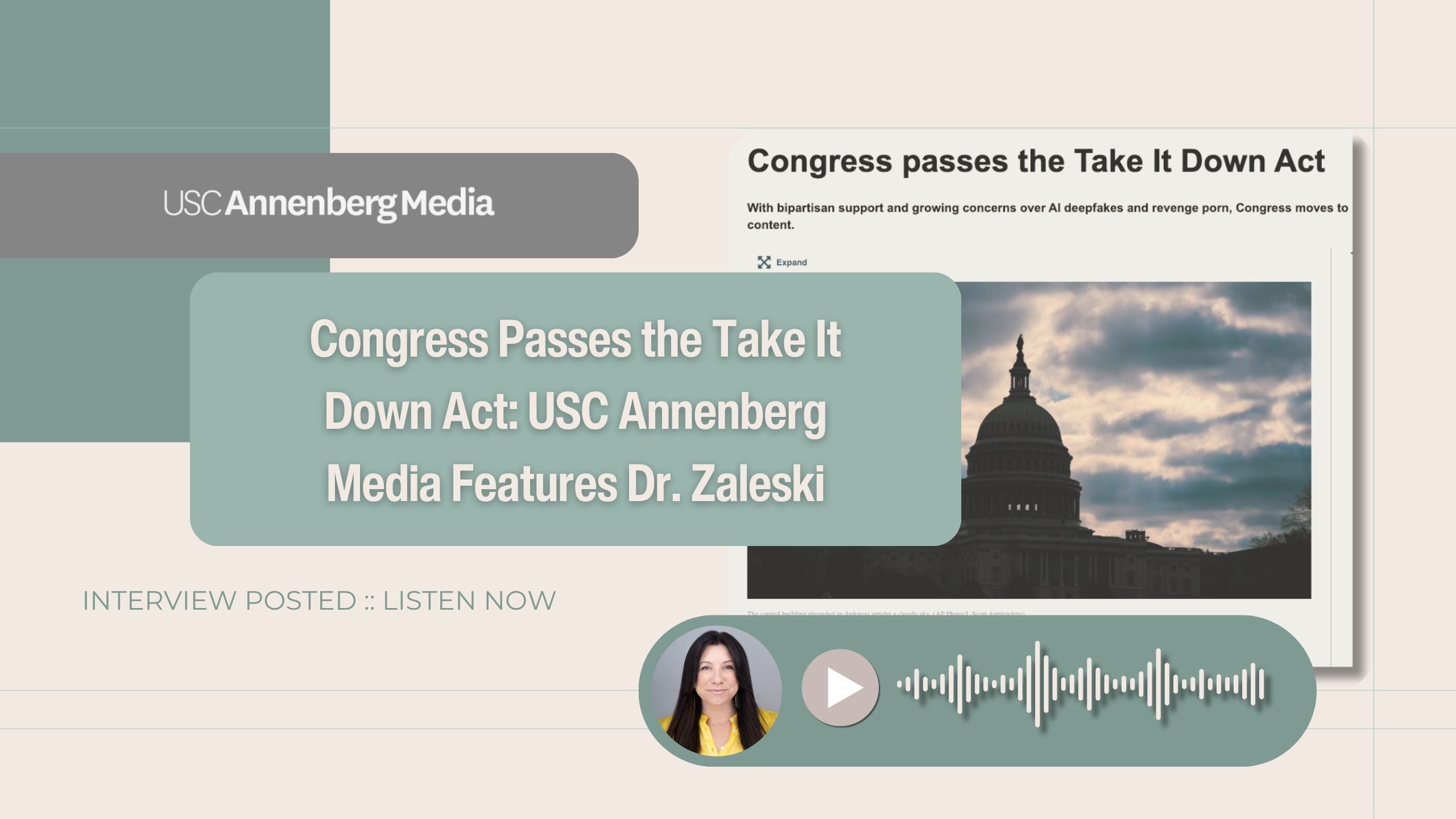DEVELOPMENTAL TRAUMA

Understanding developmental trauma is essential in comprehending the complexity of neurodiversity.
Developmental trauma refers to adverse experiences or events that occur during childhood, disrupting the normal course of emotional, cognitive, and neurological development. These experiences can include neglect, abuse, or exposure to violence, among others.
The Impact of Developmental Trauma
The impact of developmental trauma can be profound, leading to difficulties in regulating emotions, forming relationships, and processing information. Individuals who have experienced developmental trauma may exhibit a wide range of symptoms, including anxiety, depression, dissociation, and challenges in social interactions.
NEURODIVERSITY + DEVELOPMENTAL TRAUMA
When examining neurodiversity through a developmental trauma lens, it becomes evident that many neurodivergent traits and behaviors can be linked to early adverse experiences. For instance, conditions such as being autistic, living with attention deficit hyperactivity disorder (ADHD), and sensory processing disorder (SPD) often co-occur with a history of developmental trauma. This correlation suggests that neurodiversity is not solely determined by genetic or neurological factors, but can also be influenced by environmental and experiential factors. Viewing neurodiversity through the lens of developmental trauma emphasizes the importance of understanding and addressing the underlying trauma that may contribute to neurodivergent traits and behaviors.
holistic + compassionate approach
By recognizing the role of developmental trauma in shaping neurodiversity, we can adopt a more holistic and compassionate approach to supporting neurodivergent individuals. Instead of pathologizing neurodivergent traits, we can strive to create environments that promote healing, resilience, and growth. This may involve providing trauma-informed care, offering therapeutic interventions that address the root causes of developmental trauma, and fostering inclusive communities that embrace diversity in all its forms. Ultimately, by integrating the principles of developmental trauma into our understanding of neurodiversity, we can work towards building a more equitable and supportive society for individuals of all neurotypes.
DO YOU HAVE A QUESTION?
Send our team a message or call 888.717.9355




